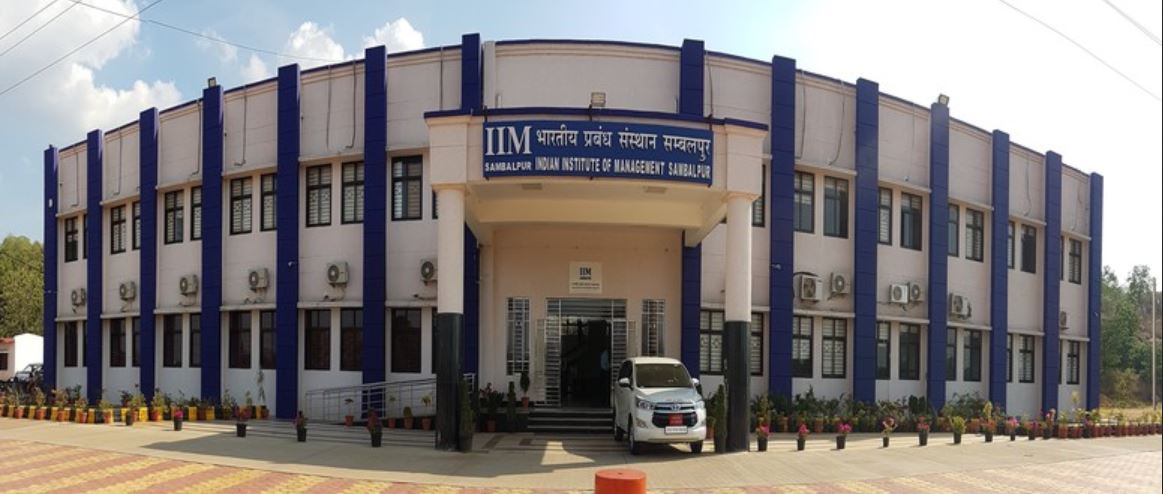Bhutan team is in Sambalpur for Buddhist link
 A four-member team from Bhutan led by Jigme Choden of National Library and Archives of Bhutan under Ministry of Home and Cultural Affairs visited Sambalpur Friday. Other members of the team were Gympo Tsherung, Yonten Dargyl and Lama Tashi Norbu.
A four-member team from Bhutan led by Jigme Choden of National Library and Archives of Bhutan under Ministry of Home and Cultural Affairs visited Sambalpur Friday. Other members of the team were Gympo Tsherung, Yonten Dargyl and Lama Tashi Norbu.
The four-member team from Bhutan were in search of the history of ‘Sambhala’, the earlier name of Sambalpur that existed almost 2,000 years ago.
The team visited Odisha to trace the origin of Uddiyana and Sambhala. After visiting several places in and around Bhubaneswar to get clues of these words, they came to Sambalpur. They met local historian Deepak Panda and discussed with him about the historical background of Sambalpur, particularly traces of Buddhism.
They visited several places here including Dhanukosha, the birthplace of Mahapadmasambhava. It is said Dhanupali was derived from the word Dhanukosha.
Speaking to Orissa POST Saturday, Panda said as per Buddhist texts, King Indrabhuti, who propounded Mahayana sect of Buddhism, was the king of Sambhala in Uddiyana during 7th century AD.
Legends have it that the king had no son. He adopted a son, who was found on a lotus in the middle of Dhanukosha, a large water body. This event took place after a series of droughts. His brilliant son became famous in history in the name of Padmasambhava.
He said Padmasambhava achieved the status of a great master (Guru) after meditation and penance. He went to Tibet on invitation by the then king of Tibet and established Lama cult there and became known as ‘Buddha the Second’. He said Dhanukosh was the pond where the lotus blossomed with Padmasambhava in it. In due course of time, Danukosh became Dhanupali, a locality in Sambalpur.
Panda said there used to be a huge water body in Dhanukosha or Dhanupali area. It shrank and dried in course of time. A great saint came to Sambalpur in 1805 who could know the significance of the place. He started meditating with dhuni (making smoke) at that place. Then Queen Ratna Kumari built a mutt for him and this mutt is known as Rani Mutt. One can still find a vast dry water body here.
He said the Bhutanese team collected many references on the ancient scriptures mentioning Uddiyana and Sambhala. They went to Sonepur the neighborhood district headquarters. It was earlier known as Swarnapuri. Lakhmikara, sister of Indrabhuti was married to Seol, son of King Jalendra of Swarnapuri. Lakhmikara established Tantrayana or Sahayajana sect in Buddhism.
The visiting team said they need more proof about Uddiyana. If it is established, it will be a famous tourist hub and there will be a large inflow of tourists to Orissa, particularly to Sambalpur.





 IIM Sambalpur
IIM Sambalpur
“The visiting team said they need more proof about Uddiyana. If it is established, it will be a famous tourist hub and there will be a large inflow of tourists to Orissa, particularly to Sambalpur”
Regarding Uddiyana lavish references are available in tantric texts and there is no discrepancy or difference of opinion.
I have a feeling that King Indrabhuti, Guru Padmasambhava and Bhagavati Lakhmikara are from Sambalpur and no where else.
You may like to refer to en.m.wikipedia.com